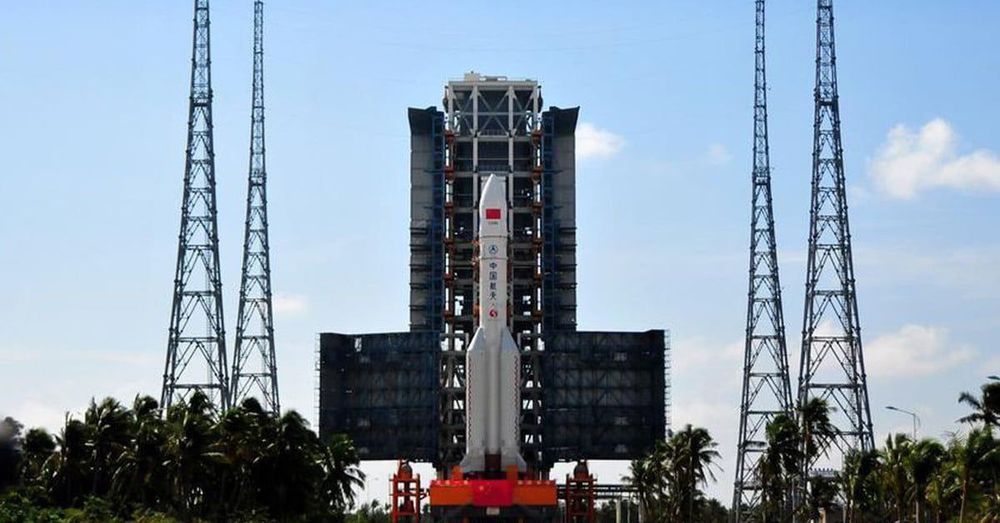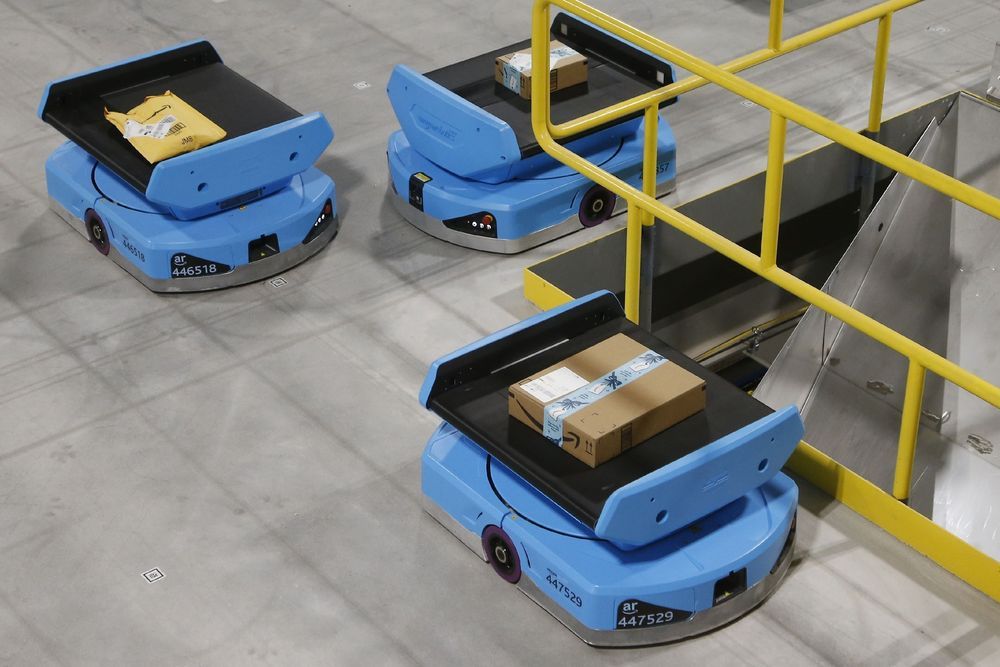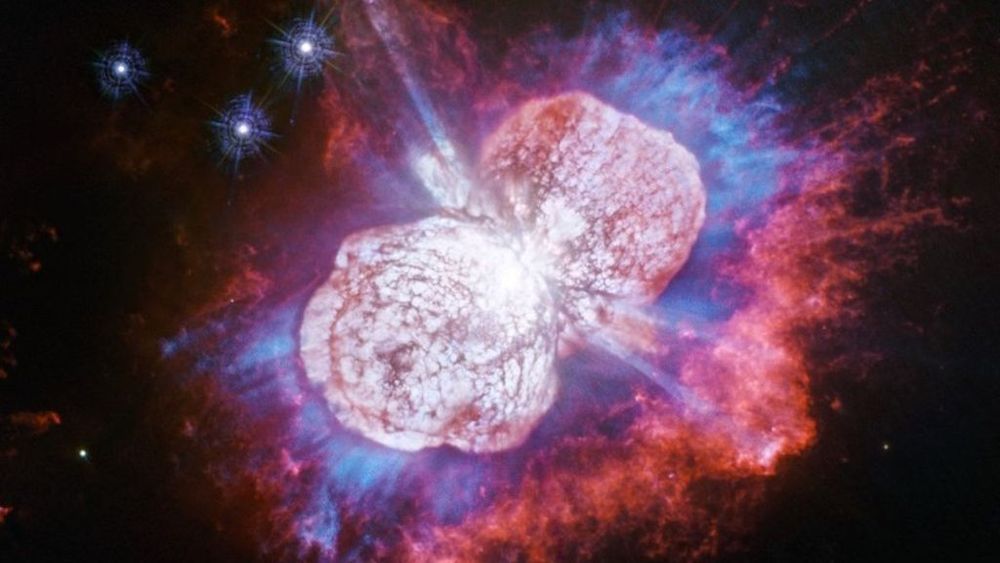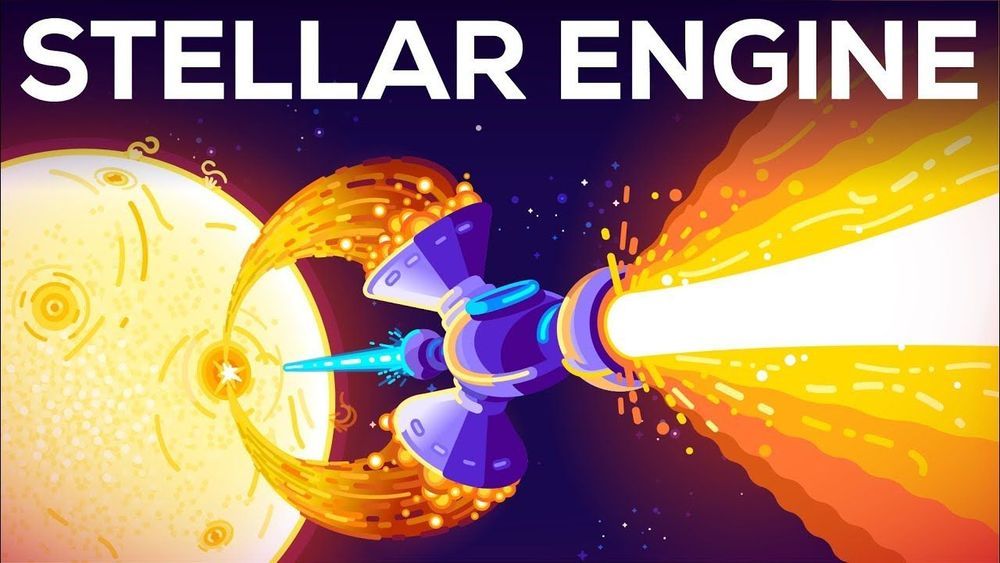
China launched its largest-ever rocket this week: The Long March-5 Y3 rocket took off from the Wenchang Space Launch Center in south China’s Hainan Province, carrying a Shijian-20 satellite. The launch took place at 8:45 p.m. Beijing time on Friday night, as reported by China’s state news agency Xinhua. Just over half an hour later, the satellite achieved its planned orbit and the China National Space Administration (CNSA) declared the mission a success.
The rocket stands at 57 meters (187 feet) tall, and is 5 meters in diameter around its core stage, with four boosters each of which is 3.35 meters in diameter. This makes the Long March-5 the largest Chinese carrier rocket to date, with a total weight of 870 tonnes and producing thrust of over 1000 tonnes at takeoff.
The two-stage rocket can carry a payload of up to 25 tonnes into low Earth orbit. Alternatively, for more distant launches it can carry 14 tonnes into geostationary transfer orbit, which is an elliptical orbit that is used to reach the geosynchronous orbit which holds most satellites. Looking ahead to potential missions to the Moon and Mars, the rocket is also designed to carry up to eight tonnes into Earth-Moon transfer orbit, or up to five tones into Earth-Mars transfer orbit.


















